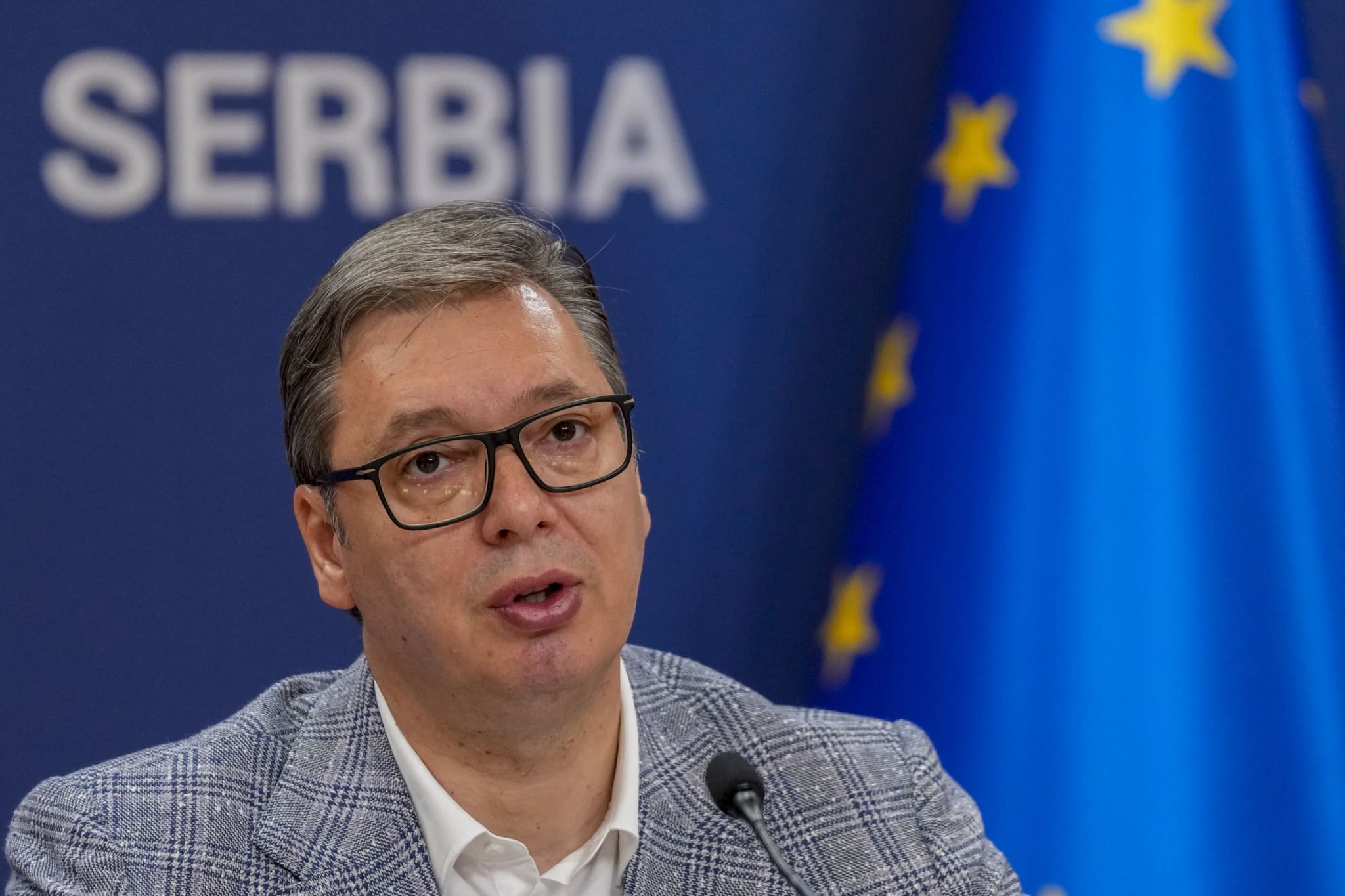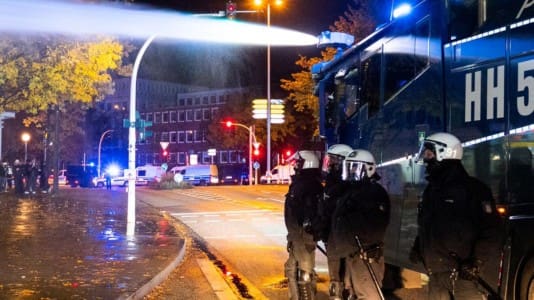Serbian President Aleksandar Vučić ordered the dissolution of the country’s parliament on Wednesday and announced a snap general election scheduled to take place on Dec. 17.
The move comes a day after European Commission President Ursula von der Leyen visited Belgrade and urged both Serbia and Kosovo to bury their differences and find a way to normalize future relations if they wanted to be considered as serious contenders for EU membership.
“We are living in a time in which it is necessary for all of us to be united in the struggle for vital (…) interests of Serbia, in which we will be under numerous pressures, both because of our position on Kosovo and because of other regional and global issues,” Vučić said after signing the decree, as cited by Reuters.
Kosovo recently declared independence from Serbia back in 2008 — having done so initially in 1990 inflaming tensions and leading to a bloody conflict a few years later — but the unilateral move was deemed unlawful by Serbia and contested in the International Court of Justice in The Hague.
Despite an agreement brokered by the European Union in 2013, frictions have recently resurfaced in the Balkan region, escalated by a recent incident on Sept. 24 in a village near the Serbian border where masked gunmen opened fire on a routine patrol by Kosovar police officers. After a day-long shootout, one policeman and three Serbian gunmen were killed.
Vučić told von der Leyen this week that Serbia would fulfill its obligations stipulated in the Brussels Agreement, but warned that Belgrade has its constitutional limitations and would not pass any legislation that infringes on Serbian sovereignty.
“In line with that, we will address our obligations responsibly and seriously,” the Serbian president said.
It is thought that the snap election, preceded by the dissolution of the Serbian parliament, is designed to give Vučić some breathing space in how to approach the Kosovo issue.
Serbs last went to the polls to elect National Assembly members just 18 months ago in April 2022, and the next scheduled election wasn’t due until 2026.
Recent polling conducted by NSPM showed that Vučić’s Serbian Progressive Party (SNS) is expected to remain the largest party in the Serbian parliament with an estimated 38 percent of the vote, but it would fall short of achieving a parliamentary majority.
The Serbian Socialist Party (SPS) would be the second-largest party with an estimated 10 percent of the vote.






